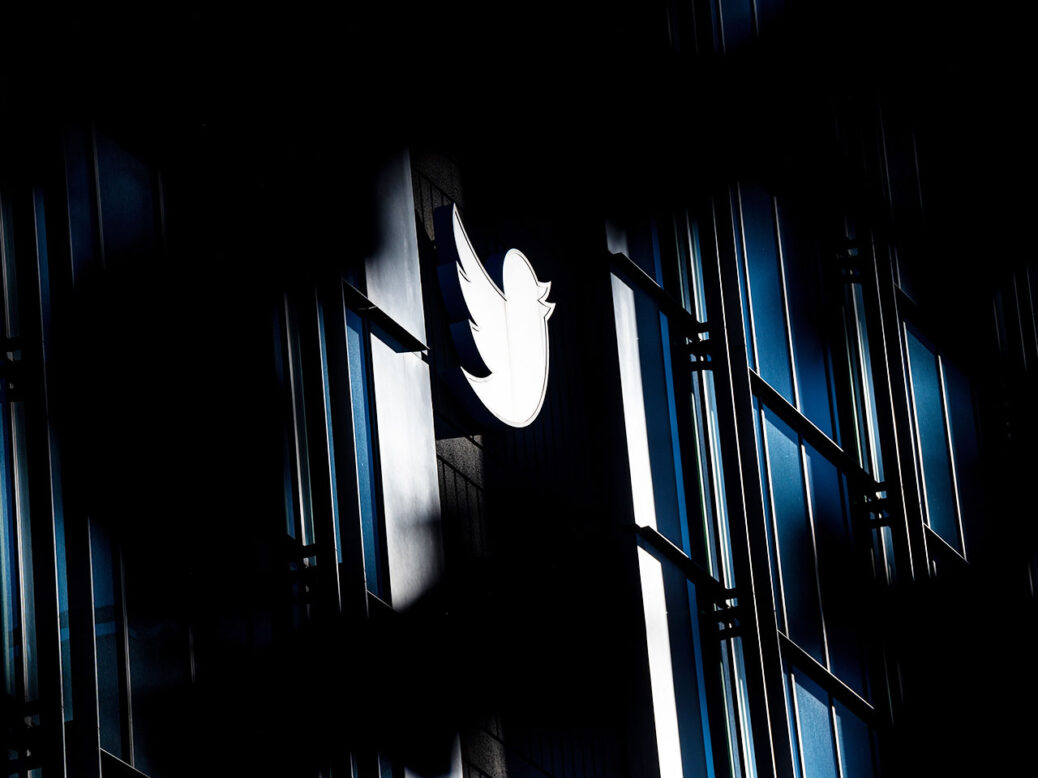
It is difficult to remember sometimes, but on its best days Twitter could truly be magical. The day half the internet exploded because of The Dress and two escaped llamas, or when much of the UK tracked Priti Patel on a flight back to the UK to get sacked. There was even a day when people across the UK got diverted by nothing more dramatic than looking at a really big puddle in Scotland that everyone was tweeting live footage from. It was a simpler, better time.
Yesterday offered a rare glimpse of that beauty and wonder once again, even if it came at a huge psychological cost to some of the biggest egos online: yesterday was the day that “legacy” verified accounts lost their blue ticks. At around 6pm yesterday, I opened the Twitter app to discover my blue tick, a stalwart companion, source of reassurance, symbol of hope and trust, and ticket to a million VIP rooms across the world (this one is a lie, but from the way people talk about them you’d think otherwise), was gone.



